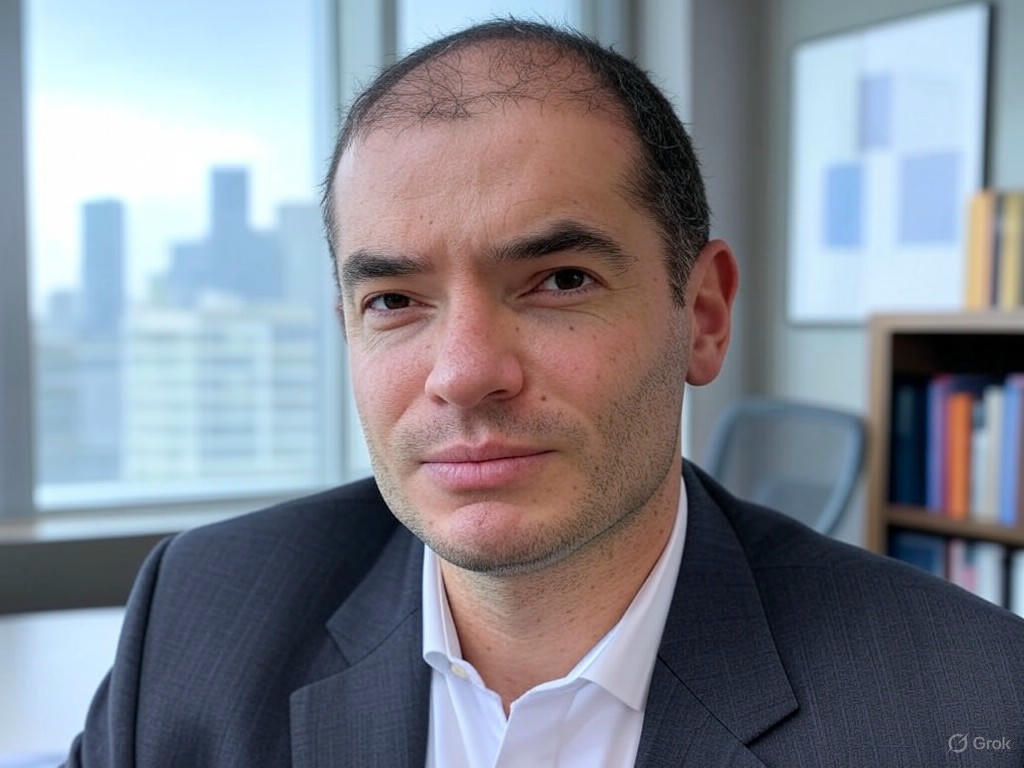Meta’s Bold Move: From Acquisition to Talent Hunt in AI Race
In the fast-evolving world of artificial intelligence, Meta is making headlines with its aggressive pursuit of innovation. The tech giant, led by CEO Mark Zuckerberg, recently set its sights on a groundbreaking AI startup valued at an astonishing $32 billion, founded by industry visionary Ilya Sutskever. When the acquisition talks fell through, Meta pivoted swiftly, showcasing its determination to stay at the forefront of the AI revolution. Now, the company is reportedly in discussions to bring the startup’s CEO, Daniel Gross, into its fold, signaling a strategic shift from buying technology to securing top talent.
The news underscores Meta’s urgency to bolster its AI capabilities as competition heats up among tech titans like Google, Microsoft, and Amazon. Sutskever’s startup has been a rising star in the AI landscape, known for pushing boundaries with cutting-edge research and solutions that could redefine industries. While the specifics of why the acquisition failed remain undisclosed, industry insiders speculate that differing visions or valuation disagreements may have played a role. Regardless, Meta’s refusal to walk away empty-handed speaks volumes about its commitment to staying competitive. By targeting Gross, a leader with a proven track record in steering innovative ventures, Meta aims to tap into the expertise that made the startup a $32 billion powerhouse.
This move also highlights a broader trend in the tech sector: the war for talent is as fierce as the race for technology. Companies are increasingly recognizing that visionary leaders can be just as valuable as proprietary algorithms or data sets. Gross, with his deep understanding of AI’s potential and strategic acumen, could help Meta accelerate its projects, from enhancing user experiences on platforms like Facebook and Instagram to exploring new frontiers in virtual reality and the metaverse. His potential hiring could also send a ripple effect through the industry, prompting other firms to rethink their own talent acquisition strategies.
However, this pursuit raises questions about the future dynamics within Meta. Integrating a high-profile executive like Gross into an already complex corporate structure might present challenges. Will his vision align with Zuckerberg’s long-term goals for AI integration? And how will this affect the startup he currently leads, which has already carved out a significant niche in the market? These uncertainties add a layer of intrigue to Meta’s latest maneuver.
As the tech world watches closely, one thing is clear: Meta is not backing down from the AI race. Whether through acquisitions or strategic hires, Zuckerberg’s ambition to position his company as a leader in artificial intelligence remains unwavering. The potential addition of Daniel Gross could mark a pivotal moment for Meta, offering a glimpse into how far the company is willing to go to shape the future of technology. For now, all eyes are on this unfolding story, as it could redefine the competitive landscape of AI innovation in the years to come.


